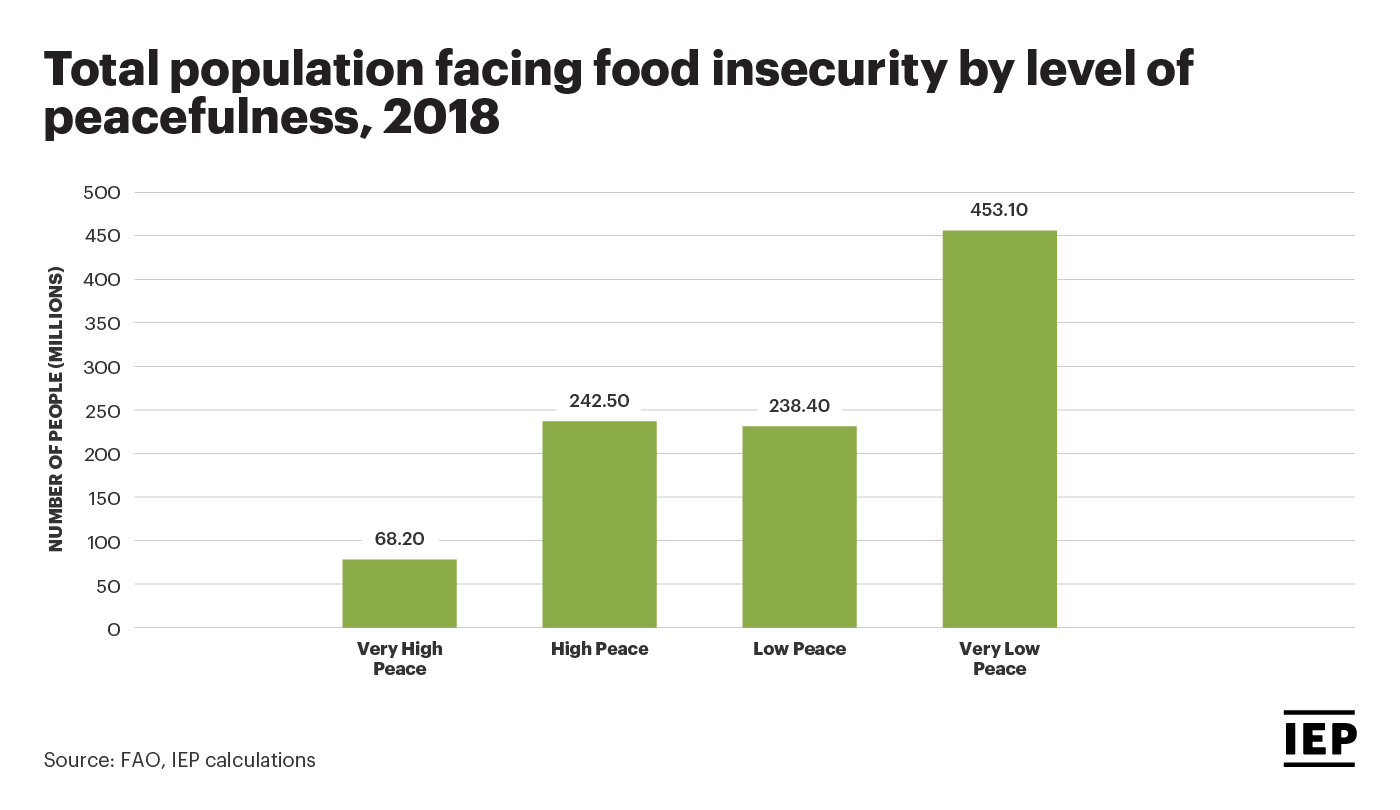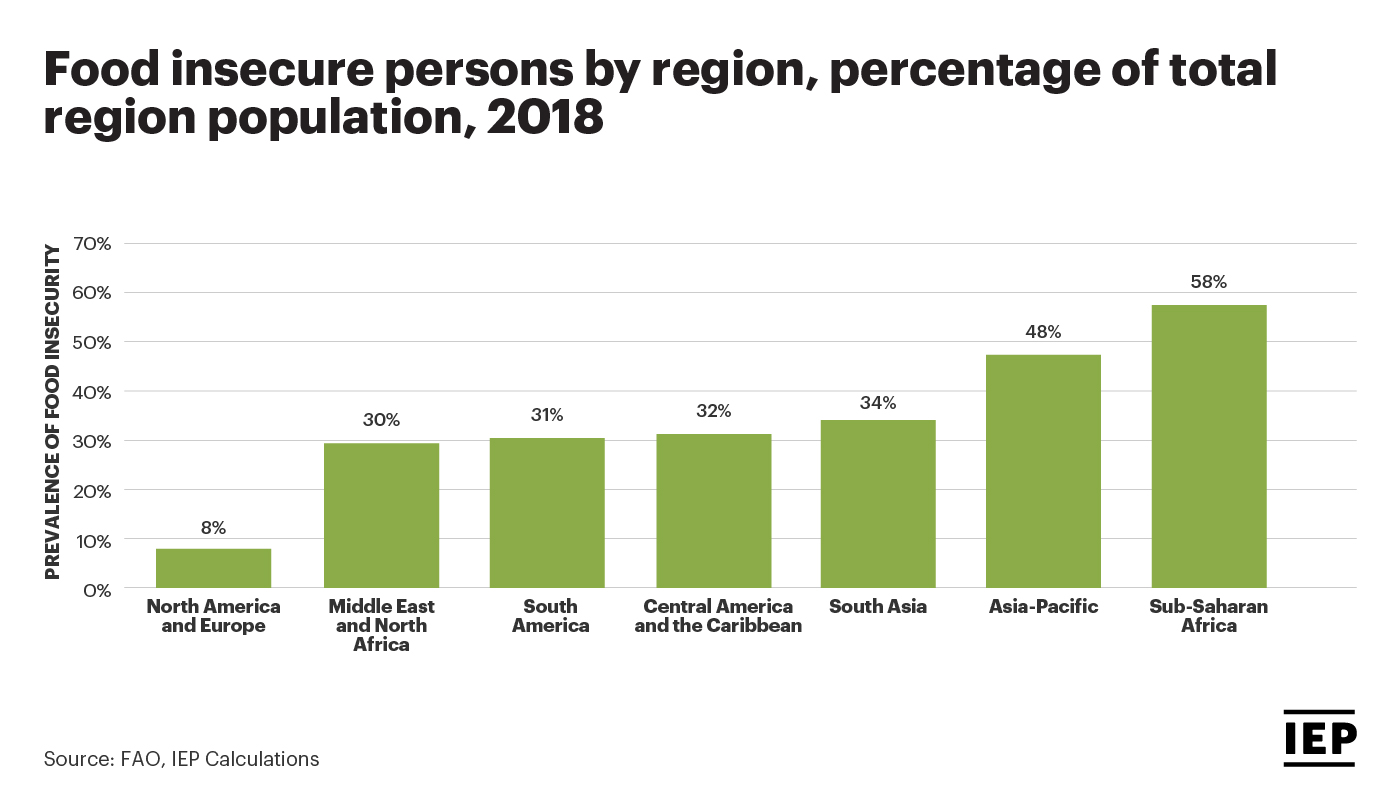The UN Security Council is being urged to recognise the food security crisis in war afflicted countries like Afghanistan and Somalia.
The United Nations secretary general has warned more than 30 million people in over a dozen countries are close to declaring famine, a problem he says is “man-made.”
Speaking at a UN Security Council meeting on food security, Secretary-General Antonio Guterres urged the 15 members to recognise the link between war, malnutrition and starvation.
“Famine and hunger are no longer about lack of food. They are now largely man-made – and I use the term deliberately. They are concentrated in countries affected by large-scale, protracted conflict.” Guterres told the council before announcing the creation of a high-level UN task force to prevent famine.

According to research from the Institute for Economics & Peace (IEP), over 453 million people in very low peace countries experience food insecurity, compared to 68 million people in very high peace countries.
Food insecurity can be a direct result of violence, conflict or political instability, and it can also be can also be a trigger to and stressor of social tensions, according to IEP’s Ecological Threat Register. Ongoing violence can prevent humanitarians from providing food and aid to civilians in war-afflicted locations.
In 2019, most of the 41 active conflicts were in countries that are food insecure such as Somalia, Afghanistan and the Central African Republic.
Yemen is an example of the interaction between conflict, extreme poverty and food insecurity. Since 2018, conflict has led to a food security crisis leaving 14 million people on the brink of starvation. Some estimates point to nearly 50,000 children dying from extreme hunger and hunger related disease caused by the conflict.

The global number of food insecure people is on the rise, increasing by 300 million people since 2014.
More than two billion people globally face food insecurity, defined as uncertainty in access to a sufficient quantity of food necessary for a healthy life.
Of the two billion people who are currently food insecure, around 700 million experience a more severe form of food insecurity. This means the individual has to skip meals or go without food for an entire day.
This form of food insecurity has adverse consequences on an individual’s physical and mental health. Economic productivity is also affected. When large proportions of a country’s population are severely and regularly food insecure, a country’s economic development is stifled.
The price of agricultural commodities traded globally has increased by 50% since the middle of 2020. The price rise has been caused by the northern La Niña, a weakening US currency, market speculators, and rising demand from importing nations.